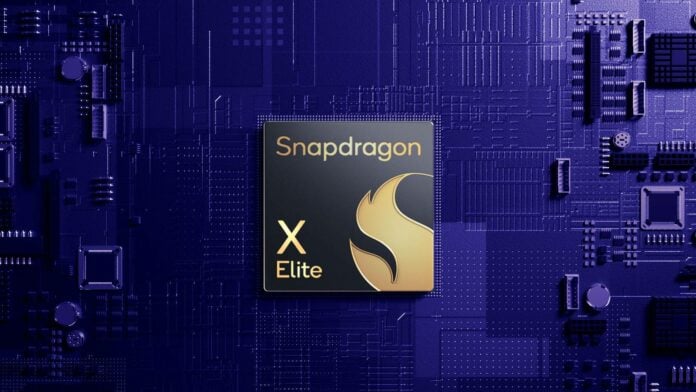Arm Snapdragon laptops are on the horizon. The first batch is set to debut soon, with Lenovo Yoga Slim Snapdragon Edition leading the charge of a new portable revolution. It looks to be the first main competition to not only traditional x86 hardware but also Apple’s proprietary silicon.
Rumors have circulated about the Qualcomm Snapdragon X chipset for some time with the prowess of Arm’s chips looking to offer everything from competitive entry-level gaming performance to powerful productivity as well. The latest leak via WalkingCat on Twitter shows off the first seemingly confirmed Lenovo Yoga Slim model, but its technical details aren’t yet verified. With leaks emerging now, we’ll likely get our first proper look at what Arm Snapdragon laptops can do at Computex in early June.
The photos showcase an incredibly thin and light-looking system which appears similar to the design of the Apple MacBook M1 line. It’s currently unknown whether this model will be a budget choice or something higher-end, but we can gauge the rough MSRP through the going rates for the $999 / £999 Lenovo Yoga Slim 9. This Arm version could be cheaper or more competitive than its Windows counterpart, and we’ll keep you posted as we learn more information.
The manufacturer has made some incredibly bold claims about the processor with Qualcomm stating its Snapdragon X chipset will be the “most powerful, intelligent, and efficient processor ever created for Windows in its class.” It’s a step towards AI computing, which we’ve also seen happening with Intel Meteor Lake and the Ryzen AI chipsets running dedicated NPUs; themselves catching up to Apple, which has had an NPU since the launch of M1. A switch over to mobile hardware for portable computing could seriously shake things up.
Leaked benchmarks show the alleged prowess of the Qualcomm Snapdragon X CPU, as highlighted by Notebook Check. This is evidenced by a Geekbench 6 multi-core test showcasing a lead of 15,610 when compared to Apple M3 chipset’s 12,154 (an increase of 28.4%). The processor is also supposedly 54% faster in multi-core performance than the Core Ultra 7 155H. However, it should be stated that these stats are leaked from Qualcomm’s internal testing, with few other direct benchmarks to speak of.

